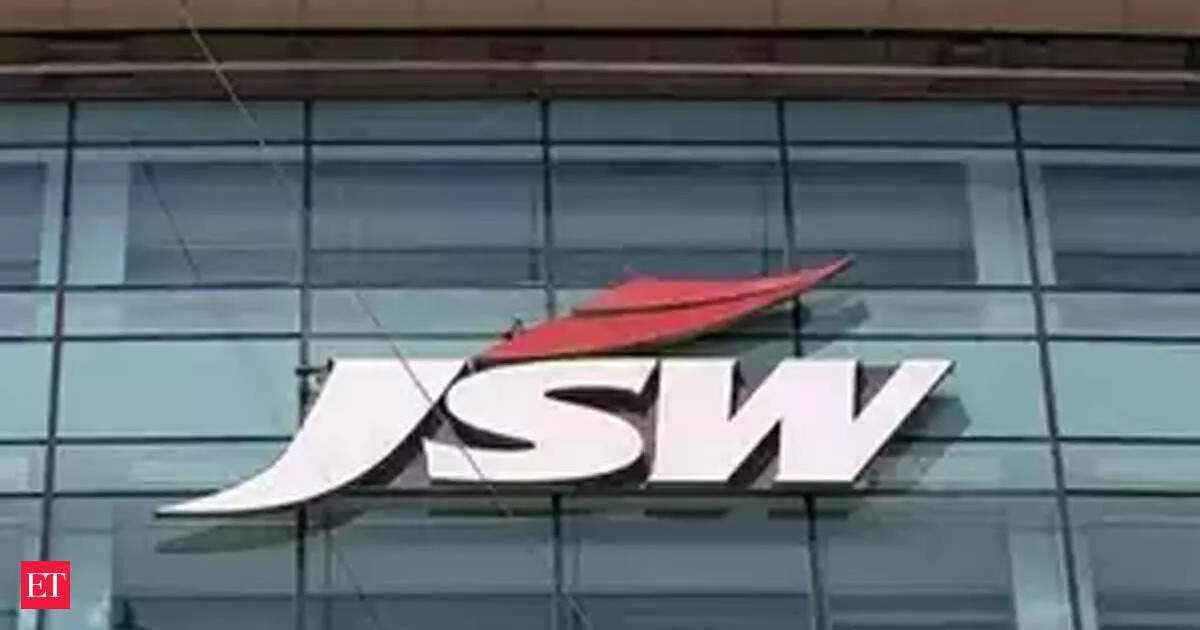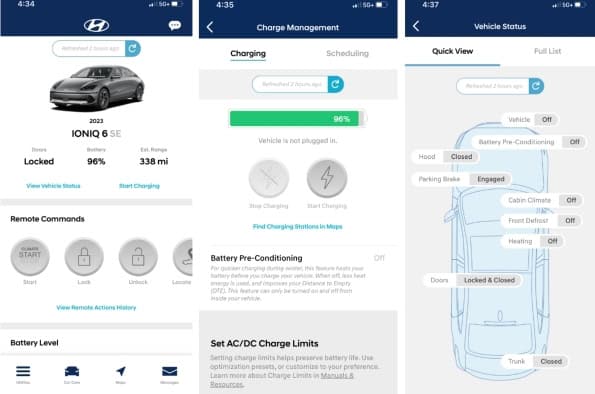JSW Motors is in talks with three-four companies across Italy, Germany, South Korea and China for collaborations to design and develop these cars, which will be sold under the JSW brand, newly appointed chief executive officer Ranjan Nayak told ET in his first media interview. All vehicles will be made in India, with the earmarked resources deployed for commissioning the manufacturing facility, research and development.
JSW’s automotive hub, spread across 630 acres, is coming up at Bidkin in Chhatrapati Sambhajinagar in Maharashtra.
Elaborating on the expansion strategy, Nayak said JSW Motors is aiming to disrupt the domestic electric vehicle (EV) market by manufacturing “world class automotive products in the country” by leveraging the best technologies from across the globe, including Italy, Germany, South Korea and China, and combining that with India’s own strengths in robust supply chain and digital integration.
“We are looking at rapidly scaling up our in-house automotive technology, and not remain dependent on any external entity. Our integrated approach allows us to combine global excellence with local relevance, ensuring high performance, affordability and sustainability,” Nayak said, adding, “Our first New Energy Vehicle (NEV) under the JSW badge will hit the roads in the second half of FY2026.”
Nayak said JSW Motors is drawing on “the unique strengths of industry-leading partners” from around the world, without specifying details of the companies it is collaborating with.
“We will be combining the craftsmanship and aesthetics of Italian designers and the German precision in manufacturing and engineering with the advanced welding technologies from South Korea and China’s expertise in electric propulsion systems, battery innovation and New Energy Vehicle (NEV) technologies with that of the Indian IT sector’s deep capabilities in software and digital integration,” said Nayak.
He declined to share details of the investments the JSW Group has scheduled for its automotive venture. However, industry sources said the group has lined up an investment to the tune of $2-3 billion in its automotive business over the next five years.
Similar to its strategy in the steel sector, JSW intends to “energize the auto ecosystem-spurring suppliers and competitors to rise with us” to accelerate India’s shift to clean mobility and reduce its dependence on oil, said Nayak, who is also executive vice president and head, corporate strategy, JSW Group.
“Our aim is to push New Energy Vehicle penetration to 50%, offering affordable, world-class electric, hybrid, and plug-in hybrid vehicles,” he said.
Nayak said China is at the forefront of EV and hybrid vehicle innovation and has become an integral part of the global automotive supply chain. As the world rapidly shifts toward sustainable mobility, technologies such as Plug-in Hybrid Electric Vehicles (PHEVs), pioneered by Chinese automakers, are redefining the industry landscape. By combining the best global technologies with India’s own strengths, JSW Motors intends to bring high-quality, technologically advanced, energy efficient and environmentally responsible vehicles.
This approach will deliver “unmatched value to Indian customers and propel the country towards a more secure, sustainable and self-reliant automotive future,” he said.
“Like global industry leaders-including those from Europe, America (like Tesla and GM), and Japan-we embrace relevant advancements from China and other innovation hubs, integrating them within India’s ecosystem. Promoting EV, PHEV and hybrid technologies is also critical from an energy security standpoint.” he said.



